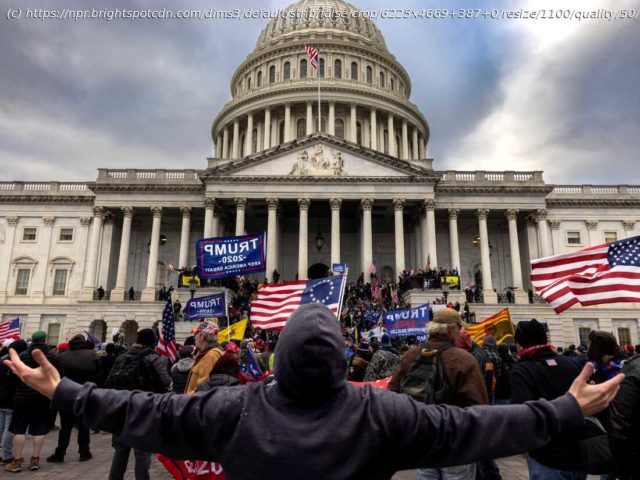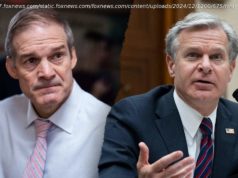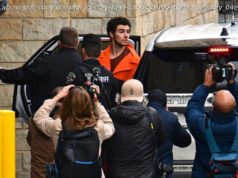The statute is also the basis for one of the four obstruction counts brought against former President Donald Trump in the criminal case currently pending against him in federal court in Washington.
The U.S. Supreme Court limited which defendants accused of taking part in the Jan. 6 Capitol riot can be charged by federal prosecutors for obstructing Congress. The court’s decision also places at least a cloud of doubt about two of the the four felony counts in the election subversion indictment of President Trump.
In an opinion by Chief Justice John Roberts, the court ruled that the government must establish “that the defendant impaired the availability or integrity for use in an official proceeding of records, documents, objects, or other things used in an official proceeding.”
Prosecutors used a key criminal statute to prosecute more than 350 of the most violent participants in the riot.
The statute had two parts. The first part makes it a crime to corruptly alter or destroy documents and records related to an official proceeding. The second part makes it a crime to otherwise obstruct or impede an official proceeding—in this case, the congressional counting of the electoral college ballots.
Roberts said the statute was limited to documents and evidence destruction, and that the word otherwise was not meant to broaden the meaning of the law into a catchall provision.
The vote was 6 to 3 with Justices Amy Coney Barrett joining Justices Sonia Sotomayor and Elena Kagan in dissent.
At issue was a two-part statute. The first part makes it a crime to corruptly alter or destroy documents and records related to an official proceeding. The second part makes it a crime to otherwise obstruct or impede an official proceeding—in this case, the congressional counting of the electoral college ballots.
Writing for the court majority, Chief Justice Roberts said the statute was limited to documents and evidence destruction, and that the word otherwise was not meant to broaden the meaning of the law into a catchall provision.
The case was brought by Joseph Fischer, a former police officer in a township near Harrisburg, Pa., who joined the mob on Jan. 6th, even recording a four-minute cell phone video in which he is heard yelling, “charge,” and is seen in a scrum with police officers.
According to prosecutors, Fischer, in text messages, also threatened violence prior to Jan. 6, including sending a text in which he wrote, “take Democratic Congress to the gallows….can’t vote if they can’t breathe lol.” And when the FBI came to arrest him later, he shouted profanities at the agents and at his own police chief, and he sought to conceal the phone he had used to record events at the Capitol.
Домой
United States
USA — Political Supreme Court says prosecutors improperly charged some Jan. 6 defendants






